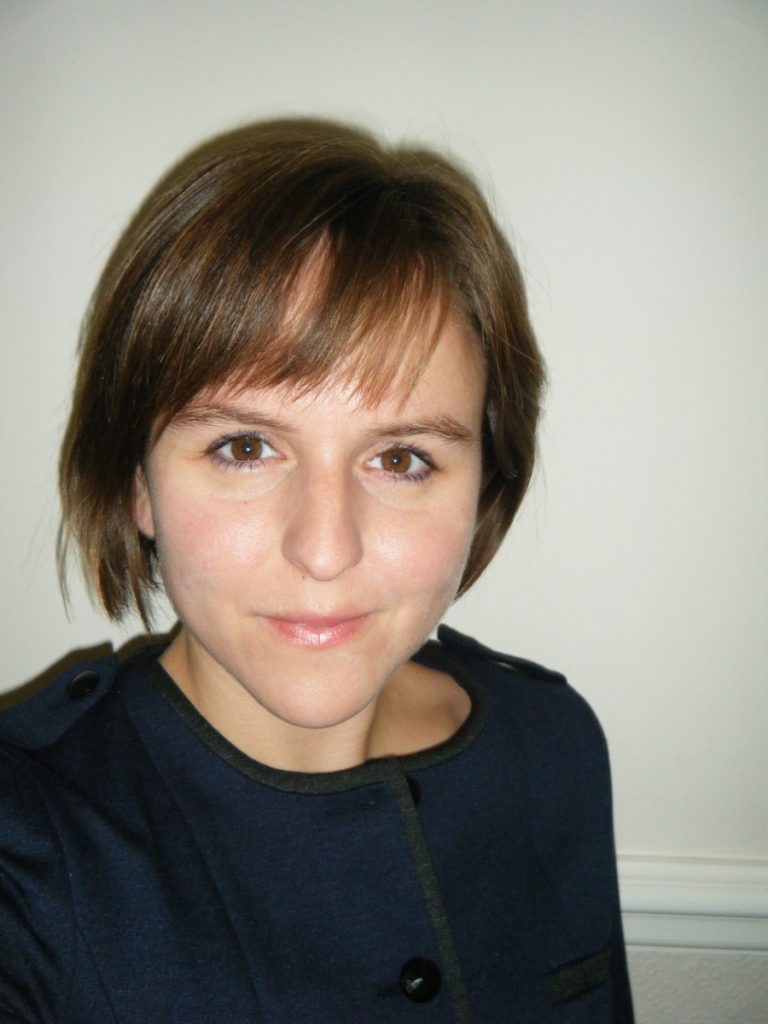Comment: The outrage of non-action on drink driving
We need a lower limit and more breath-tests to really tackle drink driving.
By Julie Townsend
The government made clear from the outset its commitment to tackling the scourge of people driving on drugs, while saying very little up until now on drink driving. So it’s no great surprise that its response to Sir Peter North’s review of drink and drug driving includes some crucial, long-overdue steps to address drug driving, while being disappointingly non-committal on putting a stop to the devastation that continues to result from driving on alcohol.
In Monday’s announcement, the Department for Transport confirmed it will be introducing drugalysers, including at the roadside, and said that it will consider introducing a specific offence for driving on illegal drugs. It often surprises people that we don’t have these two measures in place already, and it often surprises me how long we have been hearing about government intentions to do something about it, including for many years from the Labour government. Considering that other countries, such as Germany, have very successfully introduced roadside drugs screening, it seems strange that our police are still required to prove impairment for someone to be prosecuted for the deadly act of drug driving.


Drug driving is a grey area in terms of the exact extent to which it contributes to deaths and injuries on our roads. But we have evidence that drug taking is prevalent among a significant proportion of the driving population, and there’s plenty of research showing how drugs multiply your risk of crashing. For this reason it’s unacceptable to continue with such an inadequate drug driving enforcement regime – so we hope the government will indeed deliver major improvements to this.
Drink driving, on the other hand, is an issue where we do have clarity on the extent to which it causes deaths and injuries. Drink driving remains one of the biggest killers on our roads, in an average week resulting in seven deaths and 28 serious injuries. That’s seven families each week who get a knock on the door from a police officer to tell them that their loved one won’t be returning home, ever, because their life has been needlessly cut short by someone who chose to get behind the wheel after drinking. That’s 28 more families who must cope with a serious injury every week – many of them life-changing, such as brain injury or paralysis. As a charity that supports these bereaved and injured families, I can’t emphasise enough the unimaginable trauma and pain they experience. And I can’t emphasise enough how these families’ experiences should provide the impetus to act on drink driving.
Yet in its announcement on Monday, headed up ‘government crackdown on drink and drug driving’, the government confirmed it would not be taking the steps recommended by Sir Peter North to tackle drink driving by lowering the limit and introducing random breath-testing. We have evidence that these steps would be effective in very significantly reducing the drink drive casualties that devastate so many families each week. And we have evidence that the public would support this stronger stance on drink driving. Yet the government has turned its back on them.
Lowering the limit makes sense. Evidence from other countries suggests that it helps to reduce ‘larger margin’ drink driving, as well as stopping those who may have been under the limit or only slightly over had it not been reduced.
We know that even small amounts of alcohol affect driving skills, yet there is still widespread confusion about what’s safe and legal and what’s not. Many falsely believe that one or two drinks is okay if you’re driving – and the fact our limit is so high (Malta is the only other EU country with such a high limit) fuels this myth. Lowering the limit to 20mg/100ml, effectively zero tolerance, would send out a clear message that it’s none for the road.
But alongside a lower limit, we also need more breath-tests – far more in fact. Only a tiny minority of drivers are breath-tested each year in the UK. Brake wants to see an increase in police powers so they can conduct random, targeted breath-tests, including high-profile enforcement campaigns on a par with those carried out in Australia and New Zealand. This approach has been shown to be highly effective, and cost effective too. The World Health Organisation estimates that for every $1 spent on random breath testing, cost savings of $19 are generated, due to the huge economic costs of road casualties.
So if the government won’t lower the limit, or introduce random breath-testing, what exactly does this crack down on drink driving consist of? It has said it will improve rehabilitation for higher margin drink-drivers. We welcome that. But beyond that the changes announced seen to be more to do with making police processes more efficient. This will, no doubt, be very helpful to already overstretched (and depleting) traffic police. But is this enough to stamp out the horrors of drink driving? We would argue it’s unlikely. So we’ll be continuing to press the government to treat this issue with the seriousness it deserves – listening to the evidence in favour of a zero tolerance approach, and acting upon the suffering of those bereaved and injured by drink drivers.
Julie Townsend is the campaigns director for Brake.
The opinions in politics.co.uk’s Speakers Corner are those of the author and are no reflection of the views of the website or its owners.












